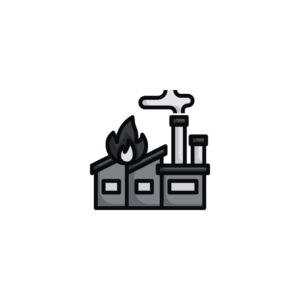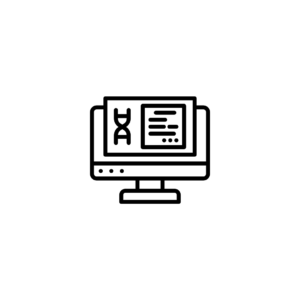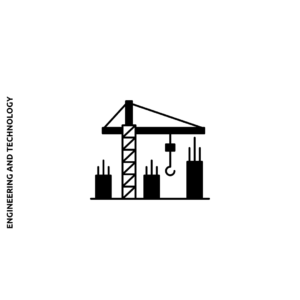Description
A Bachelor of Technology – Lateral Entry (B.Tech-LE) in Software Engineering is a focused program tailored for students who have completed a diploma in software engineering, computer science, or a related field. This program allows students to directly enter the second year of the B.Tech curriculum, concentrating on the principles and practices of designing, developing, testing, and maintaining software systems.
Curriculum Overview
The curriculum for a B.Tech-LE in Software Engineering typically includes a mix of software development techniques, methodologies, and technologies. Here are some common subjects and areas of study included in this program:
Programming Fundamentals:
An introduction to programming concepts using languages like Java, C++, or Python, focusing on coding practices and problem-solving.
Data Structures and Algorithms:
Study of data organization, manipulation techniques, and algorithms for efficient problem-solving and application performance.
Software Development Methodologies:
Examination of various software development life cycle models, including Agile, Scrum, and Waterfall methodologies.
Software Design and Architecture:
Principles of designing software systems, software architecture patterns, and UML (Unified Modeling Language) for modeling software designs.
Database Management Systems (DBMS):
Concepts of database design, SQL querying, and the use of relational and NoSQL databases in application development.
Web Development:
Techniques for developing interactive web applications using front-end technologies (HTML, CSS, JavaScript) and backend frameworks (Node.js, Django).
Software Testing and Quality Assurance:
Methods and tools for testing software products, including unit testing, integration testing, and automated testing strategies.
Mobile Application Development:
Development of mobile applications for platforms like Android or iOS, focusing on user experience and performance optimization.
Cloud Computing:
Introduction to cloud architectures, service models (IaaS, PaaS, SaaS), and cloud application development.
Cybersecurity for Software Applications:
Understanding security principles in software development, including secure coding practices and vulnerability assessments.
Human-Computer Interaction (HCI):
Study of user interface design, usability principles, and methods for enhancing user experience in software applications.
Capstone Project/Internship:
A practical project or internship that allows students to apply their skills in real-world software development and engineering scenarios.
Career Opportunities
Graduates with a B.Tech-LE in Software Engineering can pursue numerous career opportunities in various sectors, including IT, finance, healthcare, and education. Some potential job roles include:
Software Developer: Writing, testing, and maintaining code for software applications and systems based on user requirements.
Web Developer: Building and maintaining full-stack web applications, focusing on both front-end and back-end technologies.
Mobile App Developer: Designing and developing applications for mobile platforms, ensuring performance and usability.
Software Quality Assurance Engineer: Developing test plans, executing tests, and ensuring the quality of software products.
Systems Analyst: Analyzing and improving software systems to enhance business processes and system performance.
Database Developer/Administrator: Designing, implementing, and managing databases to support application data storage and retrieval.
DevOps Engineer: Combining software development and IT operations to enhance deployment and automation processes.
Project Manager in Software Development: Overseeing software projects, managing teams, timelines, and ensuring delivery within scope and budget.
UI/UX Designer: Focusing on the design and optimization of user interfaces and experiences in software applications.
Consultant: Advising organizations on software solutions, best practices, and technology strategies.
Further Education
Graduates may consider pursuing higher studies, such as a Master?s degree in Software Engineering, Computer Science, or related fields to gain deeper expertise and enhance career opportunities. Additionally, obtaining certifications in specific programming languages, cloud computing, or software development methodologies can further advance their careers.
If you have any more questions about the curriculum, career paths, or other aspects of a Bachelor of Technology – Lateral Entry in Software Engineering, feel free to ask!









